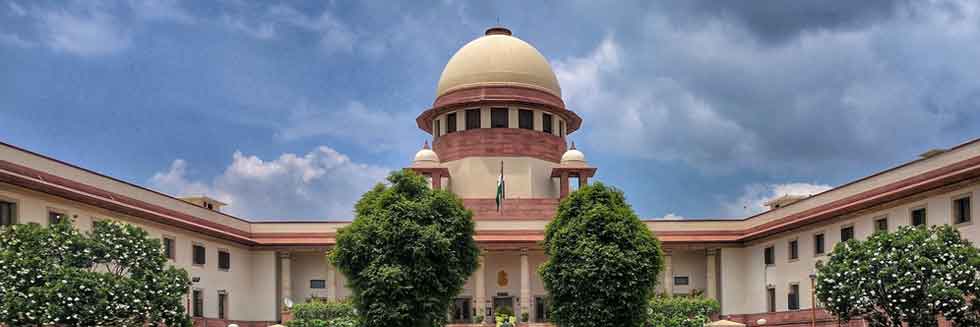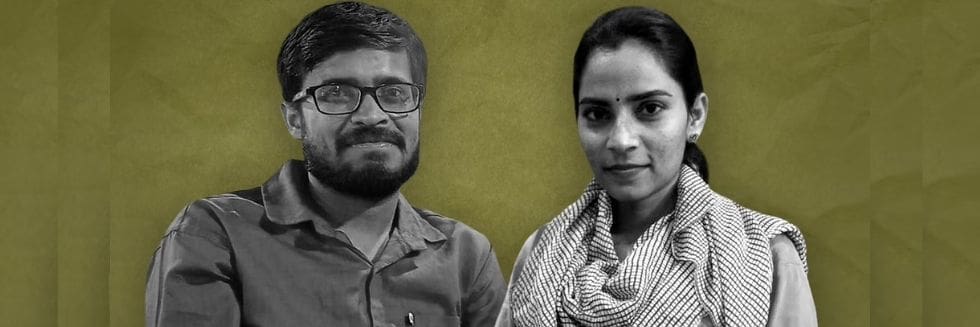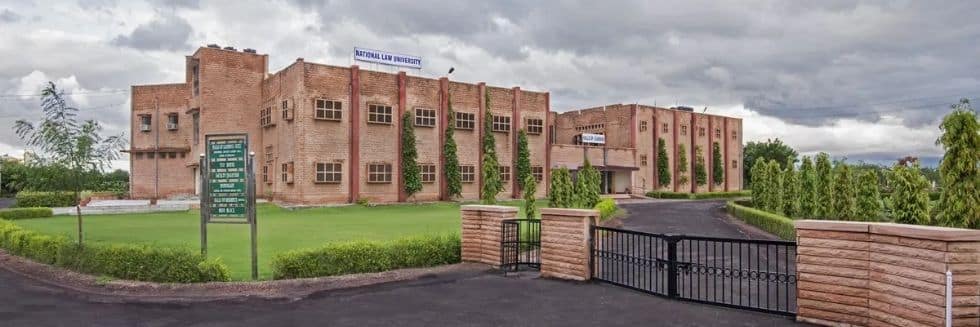On Thursday, the Central government has told the Delhi High Court that in spite of the decriminalization of homosexuality under Section 377 of the Indian Penal Code, there is no fundamental right to same-sex marriage.
Opposing a petition seeking recognition to same-sex marriages under various personal laws, the Central government in its affidavit stated that “Despite the decriminalization of Section 377 of the Indian Penal Code [hereinafter referred to as ‘IPC’], the Petitioners cannot claim a fundamental right for same-sex marriage being recognized under the laws of the country.”
“There is a ‘legitimate state interest’ in limiting recognition of marriage to persons of the opposite sex only, and the institution of marriage is not merely a concept relegated to the domain of privacy of an individual,” added the Central government in its affidavit.
Further, while citing that personal relationships such as marriages are regulated, permitted, or proscribed only by a law made by the competent legislature, the Centre asserted that “Marriage is essentially a socially recognized union of two individuals which is governed either by uncodified personal laws or codified statutory laws. The acceptance of the institution of marriage between two individuals of the same gender is neither recognized nor accepted in any uncodified personal laws or any codified statutory laws
The Centre also said that Western decisions sans any basis in Indian Constitutional Law Jurisprudence cannot be imported in the Indian context and asserted that the fundamental right under Article 21 is subject to the procedure established by law and the same cannot be expanded to extend to include the fundamental right for same-sex marriage.
“The dictum of Navtej Singh Joharsupra, does not extend the right to privacy to include a fundamental right in the nature of a right to marry by two individuals of the same gender in contravention of prevailing statutory laws,” stated the government in its affidavit.
“Considerations of social morality are relevant in considering the validity of legislation and it is for the legislature to judge and enforce such social morality and public acceptance based on the Indian ethos,” the affidavit added.
“In our country, despite statutory recognition of the relationship of marriage between a biological man and a biological woman, marriage necessarily depends upon age-old customs, rituals, practices, cultural ethos, and societal values,” said the government.
Subsequently, the Centre claimed seeking dismissal of the petition.





